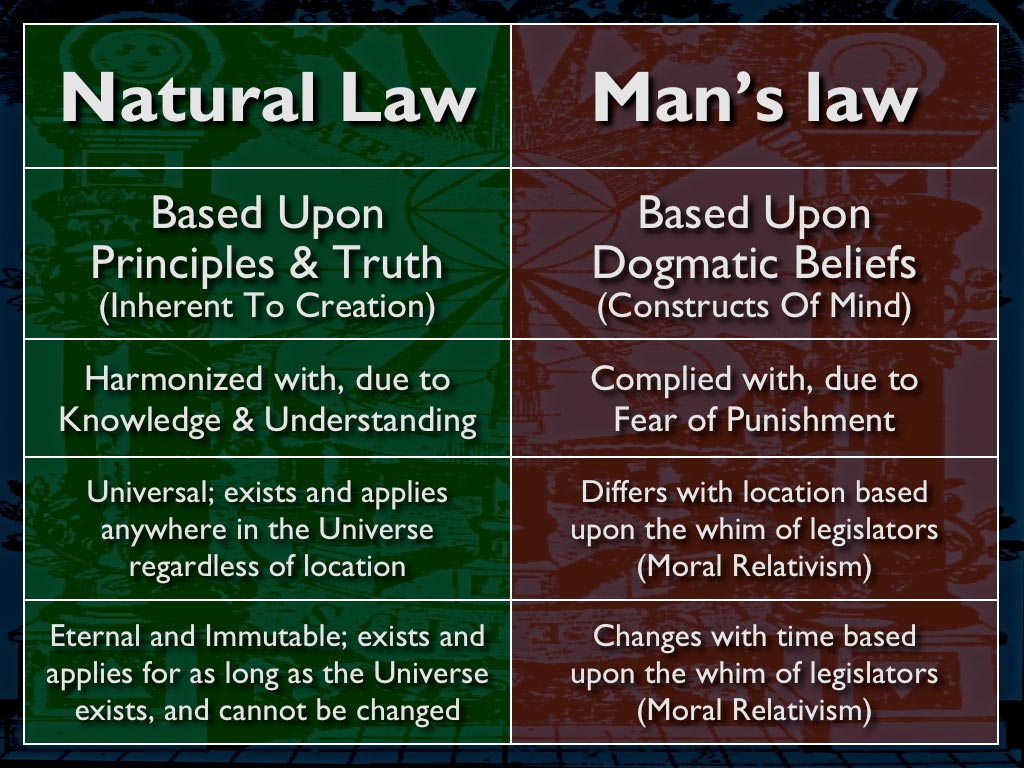Natural Law
|
|
|
Natural Law
|
What is Natural Law?
In Ancient Greece, the Stoics used the term 'logos' to mean the ordering principle of the universe. Ethics was grounded in the Nature of reality. Aristotle whilst developing his Nicomachean Ethics distinguished between legal justice and natural justice. The Roman lawyer Cicero saw Roman laws as legitimate because they were natural laws and not because they were set down by authorities. In De Republica he writes 'True law is right reason in agreement with nature. It is applied universally and is unchanging and everlasting...there will be no different laws in Rome and in Athens, or different laws now and in the future, but one eternal and unchangeable law valid for all nations and all times' Natural law can also be seen in Romans 2:14 - 16 in Paul's statement. 'When Gentiles, who do not have the Law, do by nature things required by the Law, they are a law for themselves, even though they do not have the Law, since they show the requirements of the Law are written on their hearts, their consciences bearing witness, and their thoughts now accusing, now excusing them' (Gentiles meanss non-Jews) What do you think Paul meant by this statement? |
|
Aquinas' Natural law Theory - The four tiers of law
For Aquinas there is four types of law: eternal law, divine law, natural law and human law. Eternal Law - mind of God (beyond all human capabilities) Divine Law - Law passed on by People (pope or priests) or translations such as the decalogue, Sermon on the mount. Natural Law - Moral Law of Good (synderesis rule) Human Law - law of your society |


